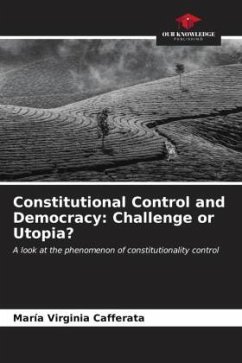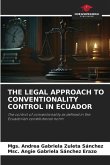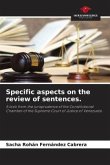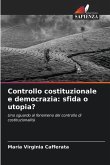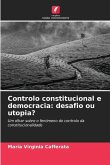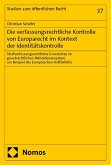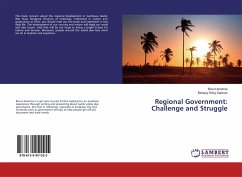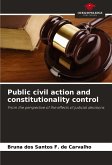I set out to study the Control of Constitutionality by observing the tensions it produces between the different powers that represent the State, since the consequences of a declaration of unconstitutionality of a law or an act of the executive branch are not innocuous. My hypothesis is that tensions are inevitable and that this control, in practice, ends up consolidating a judicial supremacy. I chose the period 2005-2015 because of the multiplicity of public disputes that occurred. Finally, in order to investigate whether the tensions were due to the way in which the control of constitutionality is exercised, whether they could be avoided or whether they were part of the institutional dynamics of democratic life, I began with a historical and comparative study. Once I had situated the control of constitutionality, I introduced myself into constitutional interpretation and the assignment of meaning by situating the judgement as a narrative. Finally, as a novelty, in order to observe judicial interpretation, I analysed the "Halabi" ruling from a logical-normativist perspective, by means of the legal syllogism and from a narrativist perspective.
Bitte wählen Sie Ihr Anliegen aus.
Rechnungen
Retourenschein anfordern
Bestellstatus
Storno

